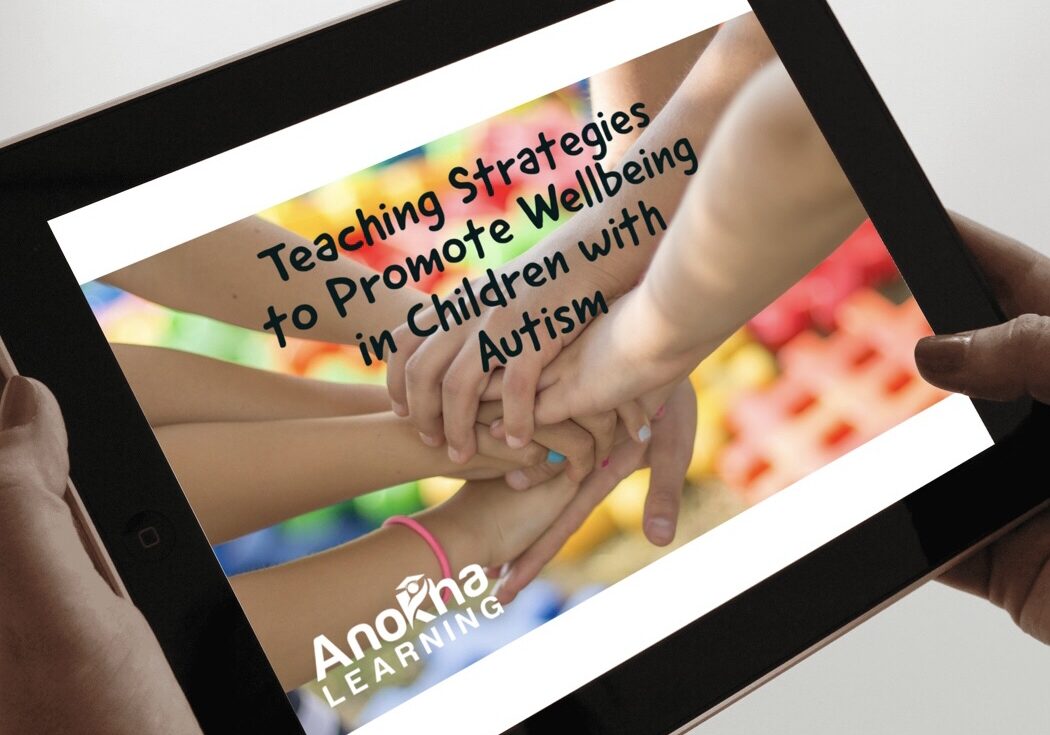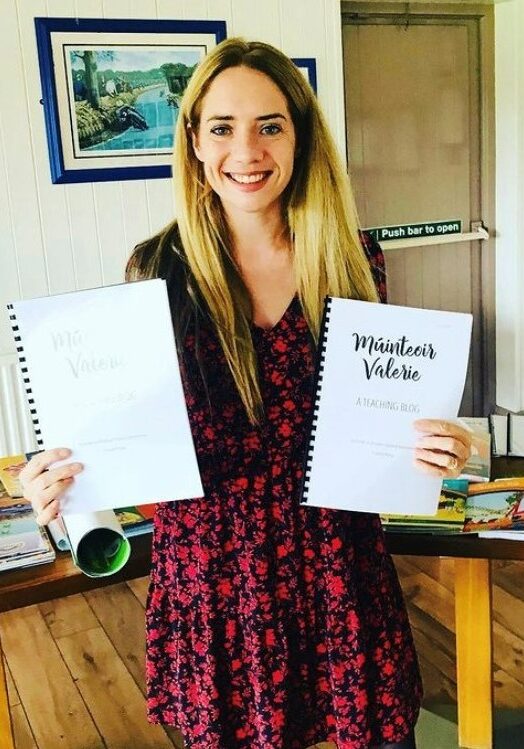Course Aims
This course aims to raise awareness of the gap which currently exists between mainstream and ASD class teaching. Teachers are often inadequately prepared when moving from mainstream to an ASD class setting. Participants will be educated about autism and how to best support the needs of children with autism in a mainstream class. They will be informed about the range of evidence based strategies and interventions used in ASD Class (TEACCH, PECS, Social Stories, LAMH, Floor Time). Participants will gain a better understanding of the particular challenges experienced by pupils with ASD and the importance of working with parents and all stakeholders supporting the child.
There can be many barriers to learning and happiness for a child with autism, anxiety is a major barrier. We aim to provide a deeper exploration and understanding of the causes of anxiety and how this anxiety may present itself in school. Participants are provided with strategies they can use to teach children coping skills, eg social stories, mindfulness, breathing, using a safe space, exercise, worry monsters/boxes, calm down kits, sensory supports, zones of regulation, meditation and more. Participants learn about positive psychology and strategies to promote feelings of happiness. We explore how assessing and observing can be used to identify what makes each child with autism in class happy and how a child's special interests can be nurtured and included in learning . Activities and strategies are provided to promote wellbeing and happiness as well as the use of art, music, drama and creative tasks.
The course gives best practice guides on differentiation, planning, assessment and all the elements that set a teacher up for success. The importance of not losing sight of promoting wellbeing and happiness in children with autism in the midst of measuring, analysing , developing skills etc. is highlighted. A whole school culture embracing support, inclusion, friendship, diversity and setting a child up for success is fostered throughout the course. All successes and milestones should be celebrated in this culture.

Course Structure
20 hours of learning. Participants must complete 10 hours of online learning and 10 self-verified hours (module exercises, resources, discussion forum and reflective learning log). Technical Support provided.
Compulsory elements - 2 discussion forum posts per module, Reflective Learning assignment, creation of personal learning record. You must complete the required time on the course before certificate can be issued.

Certification/EPV Days
All Anokha Learning Summer Courses for Teachers have been approved by the Department of Education & Skills for EPV Certification. Start and completion dates printed on your Cert.
EPV days awarded as follows:
1 course – 3 EPV days, 2 courses – 4 EPV days , 3 courses – 5 EPV days
If you buy two or more courses you must only complete one course at a time.

Duration
For 2022 our courses will commence on Monday 4th July and all courses must be completed by 5 pm on Friday 15th July. If you buy two or more courses you must only complete one course at a time. As per the DES criteria you must complete the required time on the course and your start and completion dates will be printed on your Cert for your EPV days.
A1! Such an enjoyable, easy to follow course. I love how this course gave such practical ideas, strategies & guidelines to follow when working with children who have autism in either mainstream or ASD class settings. It will 100% improve my quality of teaching and the learning of the children in my classes going forward. Adele
I would recommend doing this course as I learned a lot about Autism in children. There were very helpful suggestions about engaging with children and parents and how to have a happy classroom!! The tutors also gave wonderful feedback at the end of each Module. Well worth doing!! Patricia
I really enjoyed engaging with this course. It empowered me with new information that I can use in my teaching career going forward. The course was conducted from the view point of an ASD class teacher and it was really insightful to see how an ASD class is run day to day. Niamh
Course Modules
An overview of autism. The DSM-5. Best practice teaching approaches. Strategies and interventions including:
TEACCH
Picture Exchange Communication System (PECS)
Social Stories
LAMH
Floor Time.
Anxiety and Developing Coping Strategies for Children with Autism. Causes of anxiety in children with autism. How this anxiety presents itself in the classroom. Supports and resources for the teacher in dealing with anxiety in children. Coping strategies for children dealing with anxiety.
Differentiation overview in an ASD context. Devising individual educational plan. Devising short term plans. Devising long term plans. Support plans for challenging behaviours. Task analysis planning. Assessment for children with autism.
Importance of assessing and observing to identify what makes each child with autism in class happy. Using the arts subjects to promote happiness. Happiness and how we can promote it daily in our classroom. Emotional wellbeing in children with autism.
Positive psychology and strategies to promote feelings of happiness. Importance of not losing sight of promoting wellbeing and happiness in children with autism in the midst of measuring, developing skills etc. Wellbeing techniques and strategies for use in the classroom.
Supporting Children with Autism in a Mainstream Class Setting. How to support your students. Setting up in September. Meeting with parents. Teacher toolkit - Useful resources. Inclusion in mainstream class settings. Working with a special needs assistant. Celebrating Successes and working with intense interests.
About Valerie King
Valerie King is a primary school teacher with seven years teaching experience, she also holds a degree in English and law. Valerie is currently completing a masters in special education. Valerie is a teacher to six children with autism and is passionate about the area of additional needs and inclusivity. She has authored a children’s book to promote inclusion in schools amongst young children.
Valerie owns the website Muinteoir Valerie.com. She has published a number of guidebooks to help teachers begin their teaching careers. Valerie also runs seminars regularly around the country to help teachers prepare for interviews and their NQT year. She also creates many resources to support children with autism.
Valerie is excited to collaborate with Anokha Learning and she wrote this course to help teachers develop skills and techniques in teaching children with autism.

